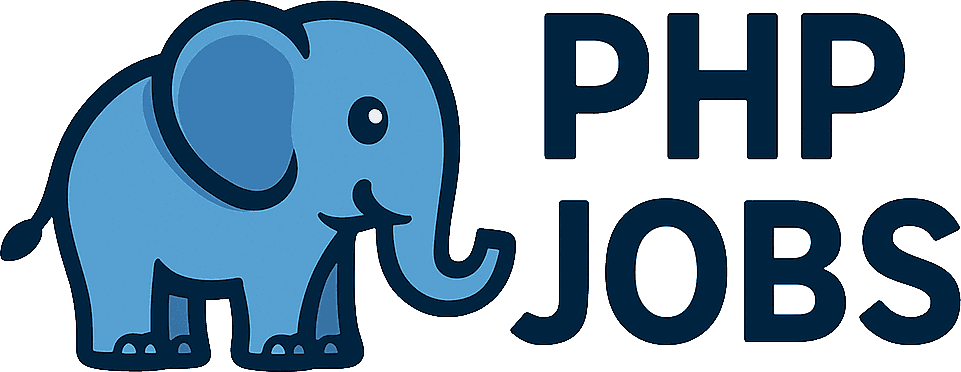Vagrant for PHP Development
Vagrant is an open-source tool for building and maintaining portable virtual software development environments. For PHP developers, it provides a simple and effective way to create a consistent, reproducible server environment on a local machine that mirrors the production server. This helps eliminate the classic "it works on my machine" problem by ensuring all team members are developing on an identical setup.
Local Environments with Vagrant
Using Vagrant, a PHP developer can define the entire environment configuration in a single text file called a Vagrantfile. This file specifies the operating system, server software (like Apache or Nginx), PHP version, database (like MySQL or PostgreSQL), and other necessary tools. Running a single command, vagrant up, provisions a virtual machine with this exact configuration, streamlining the onboarding process for new developers.
Common Use Cases
- Creating isolated development environments for different PHP projects, each with its own dependencies and configurations.
- Ensuring consistency across development, staging, and production environments.
- Sharing complex development setups easily with team members.
- Automating the setup process using provisioners like shell scripts, Ansible, or Puppet.
- Working alongside other tools like VirtualBox or VMware for virtualization.
While containerization tools like Docker have grown in popularity, Vagrant remains a widely used and powerful solution for managing virtualized PHP development workflows.

